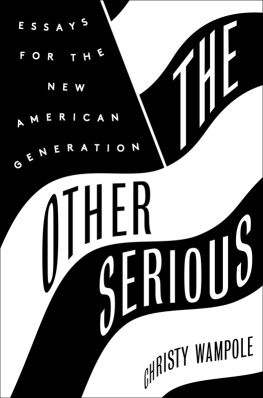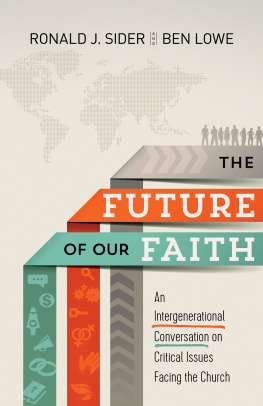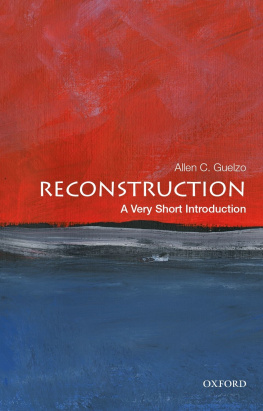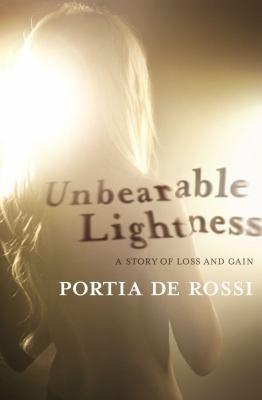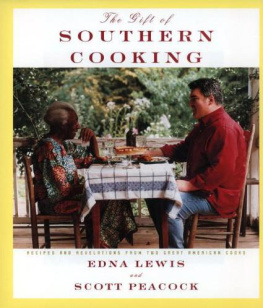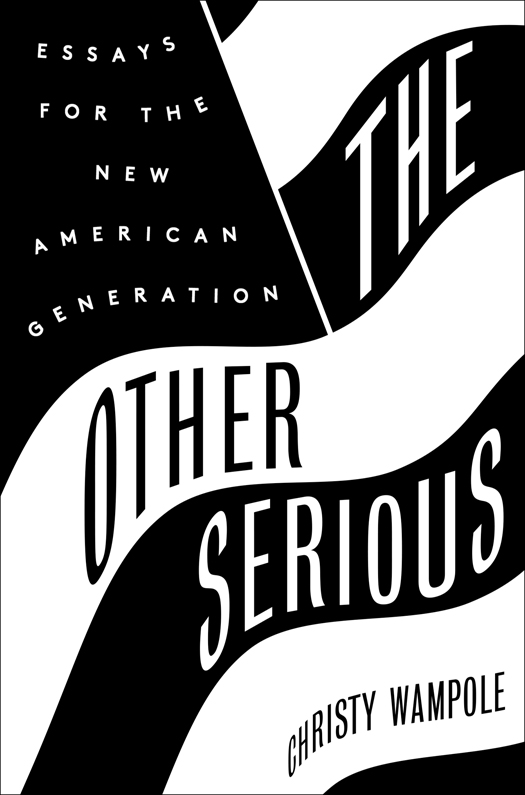Toward the fullness of her fate.
The heavier the burden, the closer our lives come to the earth, the more real and truthful they become. Conversely, the absolute absence of a burden causes man to be lighter than air, to soar into heights, take leave of the earth and his earthly being, and become only half real, his movements as free as they are insignificant. What then shall we choose? Weight or lightness?
MILAN KUNDERA, The Unbearable Lightness of Being
E ssays are barometers of the intellect. We are all atmospheric creatures, influenced by the cultural weather around us; the essayist takes it as her role to say something about the way the atmosphere plays upon a person and exerts pressure on the mind and its bearing. What causes the spirit to slump? What lifts it? The constant flux between lightness and heaviness is the basic biographical flux of human life. Essays gauge this flux but also respond to it by pressing back, meeting experience with an equal exertion.
This collection offers a map of the high- and low-pressure systems of American culture and its effects on the authors brain. Since the turn of the new millennium, various fronts have pushed their way across the continent, some as thin as cirrus wisps and others thickly cumulus, shaping the unstable meteorological profile of life in the States. From whatever altitude you experience these weatherlike events, you understand that heaviness or lightness produces effects on the psyche of each individual, caught in a low trough or evaporated upward toward the stratosphere. We are subject to cultural weather and weathering. We can never really be free of these pressure systems.
A first problem: is it possible to write weightfully about light things? In other words, if ones subject is superficial, does the writing that describes it risk an equal superficiality? This is the problem with the greater part of contemporary writing: the material it has at hand is so flimsy, the words stay suspended in midair, saying nearly nothing. The writer has little leverage in an atmosphere without gravity. My attempt here is to use the essaya light form by natureto give a little more mass to the parts of culture that might need it. Paradoxically, the essays open, accommodating nature leaves a vacancy that can be filled with what is heavily relevant. Strangely, the heavy is accessed through a lightness of form. I dont believe Im alone in my impulse to add a good kind of weight to my lived experience. In fact, I think this is a central problem for many Americans who have the consciousness to notice it. Life feels too light. Despite those difficult aspects of our economy and our politics that press people down, there is a distinct flimsiness to many aspects of contemporary American culture. The burdens of an increasingly complicated life encumber almost everyone, which means that our only experience with weight is a negative one. But it is possible to ask for and receive a substantial and meaningful heaviness through a certain kind of thinking and writing and making. The structures that used to provide a comforting weight have all caved in. These include the big ideas and ideologies that for centuries worked provisionally for some but to the detriment of many. People born after their collapse probably never even experienced the sensation of sureness you feel when you hold a solid thing in your hand. I wrote these essays mainly for them. I push a single idea: we are free to pick the thickness of our experiences.
It is time to get serious. Joyfully serious.
The kind of seriousness I describe in the following pagesmostly implicitly but very explicitly toward the endworks as both an anchor and a buoy. The turn in the late twentieth century toward ironic buoyancy had a certain refreshing novelty that felt good for a change. It helped us out of our helplessness in the face of the seemingly unavoidable repetition of historys mistakes. But its virtues were only provisional. If people feel empty despite the fullness of lifethe fullness of plates, schedules, and bank accountsit is because we bob between two tendencies: the lightness of paper irony and the heaviness of leaden politics. Neither satisfies. Someone who is very young, who didnt witness the transition that led to this strange state of affairs, might not see the problem with a life of busyness, empty chatter, and disposable experiences. They certainly wouldnt prefer what they see there in the distance, the person drowning from an inability to let go of the dense dogma they cling to. An alternative: a kind of seriousness that is more than willing to accept a certain measure of gravity but that refuses to go all the way down.
To be joyfully serious is to resist some of the American myths we rely on. The fetishizing of happiness, for example, turns everything into a brittle, surface satisfaction. The emphasis on getting happyor, at minimum, performing happinessmakes life into a scramble for what you can accumulate. This book has nothing to do with superficial happiness, with getting, or with spending. It is about how to add consequence to consciousness. These essays also resist the American myth of fulfillment through material gain. Only your mind and your will are needed to undermine the false belief that things or entertainments can bring lasting satisfaction. Countless ideas invite us at every second to think about them; it is a simple question of accepting their invitation.
This book urges clemency for seriousness, but a special kind. While the throwaway logic of total irony has left us blank and the autocratic logic of dogmatism has blacked out some of our best pages, we have other capacities for writing, thinking, and acting in a way that opens rather than forecloses possibilities. Youll find in the following pages a variety of thought experiments, tableaux, portraits, meditations, memories, predictions, and calls to action. The weight of this collection varies from essay to essay. Some are compact, others less so. Some are fragmented, skipping across the surface like flat stones, while others sink down deeply in the ideas. But the same spirit of joyful seriousness is described and acted out in each one.
A good essay asks the reader to continue its work after the final sentence. I hope these essays have enough goodness for their work to go further.
There is strong shadow where there is much light.
GOETHE, Gtz von Berlichingen
A merica exists by virtue of its brilliant explosions. Its right there in the national anthem, in plain sight: And the rockets red glare, the bombs bursting in air, / Gave proof through the night that our flag was still there. Without the pyrotechnic spectacle, the symbol of our nation would be invisible. Were like the moon, our lunar cousin, whod remain unseen in shallow space without the suns nuclear incandescence.
The text of the American national anthem is beautiful, all patriotism and politics aside. It has an ekphrastic quality; that is, it turns a thingthe flaginto an object of aesthetic contemplation. In this brief excerpt, the first stanza of a longer poem, Francis Scott Key sets a simple scene: the American flag survives a British bombardment in the War of 1812. By implicit extension, America survives the onslaught of its enemy. The verses evoke an unsure atmosphere in which the flag works as

